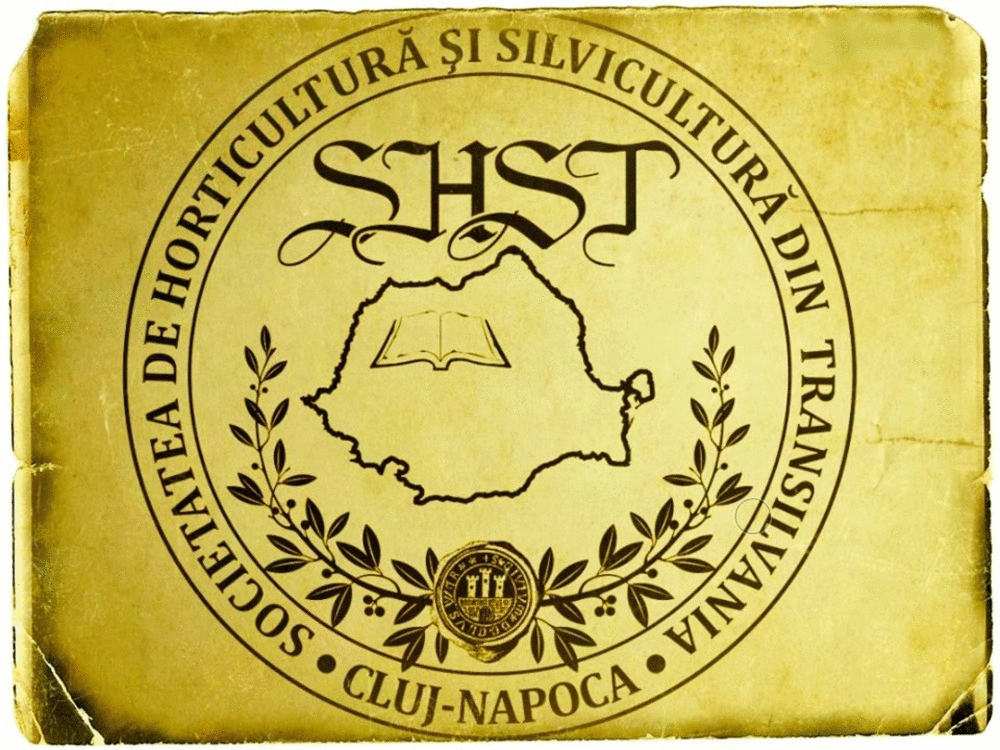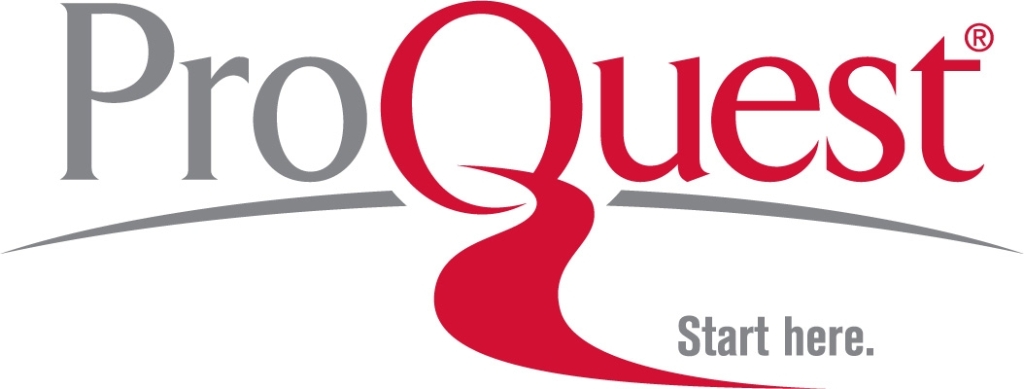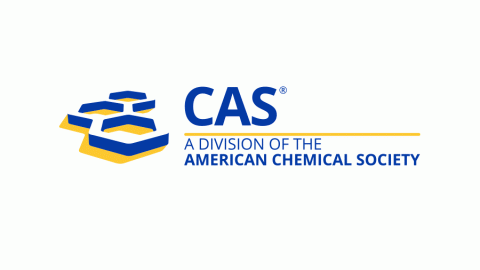Socioeconomic Study of Grasses and Legumes in Baria and Godhra Forest Division, Gujarat
DOI:
https://doi.org/10.15835/nsb336061Abstract
Gujarat has rich traditional knowledge associated with biodiversity. The cultural diversity in the Indian society reflects close relationship between the existence of human life and nature including all other living creatures and non-living creatures. The present paper deals with the traditional knowledge of villagers in 10 villages nearby the grasslands in Panchmahal and Dahod districts of Gujarat, India, regarding the multipurpose use of grasses and associated legumes prevailing in these grasslands. A survey with the help of questionnaire was conducted to analyze the socioeconomic status. 69 grass species and 34 legumes could be identified growing in these grasslands of which 92 were used for livestocks. Among these grasses the most preferred grass species were Dichanthium annulatum and Sehima nervosum because of its high palatability. Three grasses and 8 legume species were used for food and medicine. The study emphasizes the use of plant wealth to human needs of the regions and assist in appraisal of various anthropogenic interventions accountable for loss of prevailing biodiversity of the region.
Metrics
Downloads
Published
How to Cite
Issue
Section
License
Papers published in Notulae Scientia Biologicae are Open-Access, distributed under the terms and conditions of the Creative Commons Attribution License.
© Articles by the authors; licensee SMTCT, Cluj-Napoca, Romania. The journal allows the author(s) to hold the copyright/to retain publishing rights without restriction.
License:
Open Access Journal - the journal offers free, immediate, and unrestricted access to peer-reviewed research and scholarly work, due SMTCT supports to increase the visibility, accessibility and reputation of the researchers, regardless of geography and their budgets. Users are allowed to read, download, copy, distribute, print, search, or link to the full texts of the articles, or use them for any other lawful purpose, without asking prior permission from the publisher or the author.













.png)















